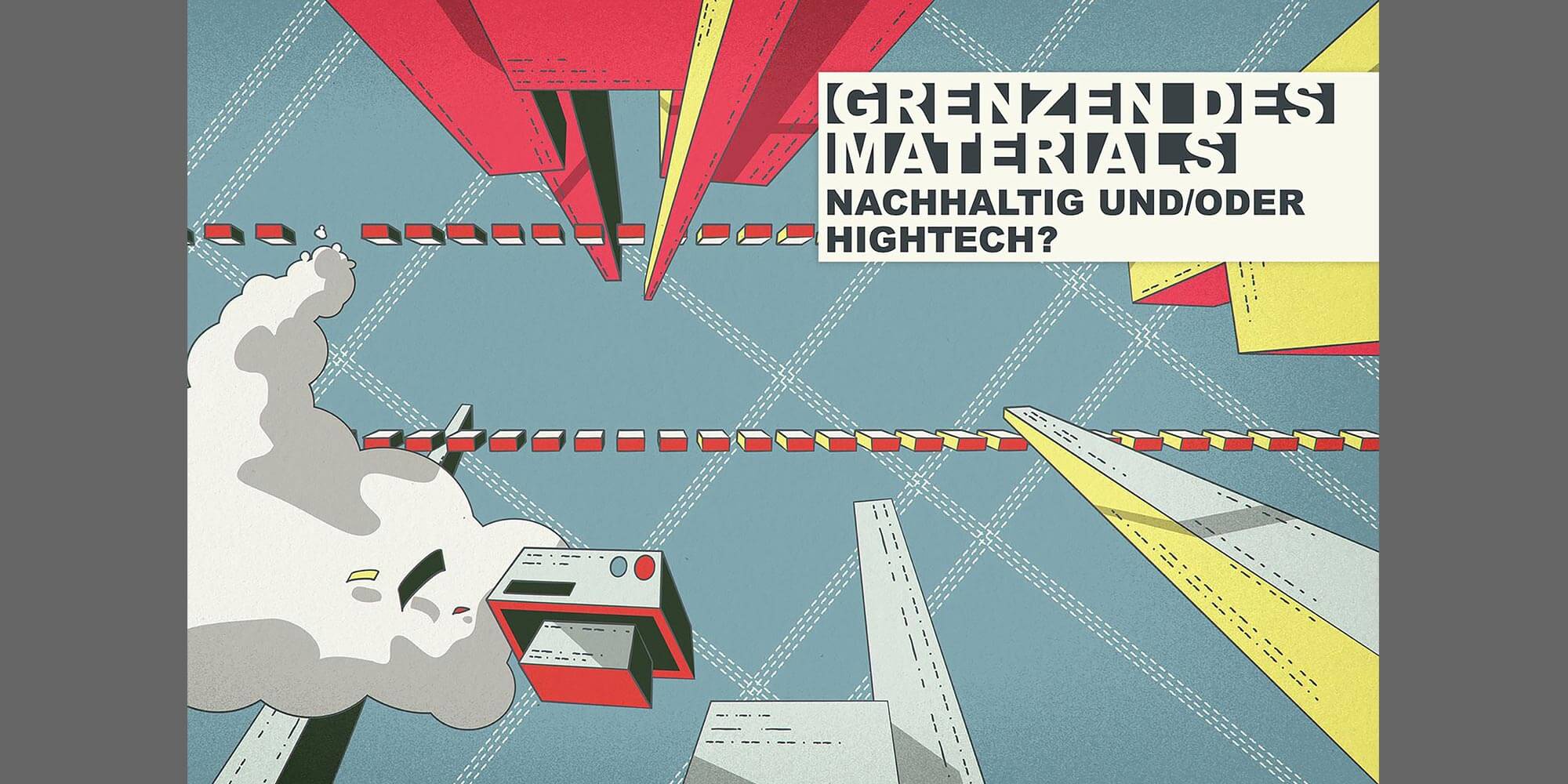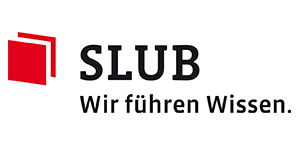Sustainable practice of the future will be significantly influenced by research into materials taking place today. The search for high-performance and cost-effective alternatives to petroleum-based raw materials, but also the energy-efficient and low-loss recycling of materials that are in limited supply, are at the center of materials research geared towards sustainability. Which aspects play a role in the relationship between humans and materials beyond pure functionality? During this event, we will give an insight into the current state of the various research fields, showing how material can also be digitalized and brought into a library. We are also going to work and talk directly with all visitors. An essential aspect is the question of the acceptance of alternative materials in everyday life as well as in professional contexts.

Limits of the material, Sustainable and/or high-tech, Lea Schmidt (CH), Jessica Bulling (DE), Bettina Weber (DE), Dr. Marc Mosch (DE)

Limits of the material, Sustainable and/or high-tech, Lea Schmidt (CH), Jessica Bulling (DE), Bettina Weber (DE), Dr. Marc Mosch (DE)

Limits of the material, Sustainable and/or high-tech, Lea Schmidt (CH), Jessica Bulling (DE), Bettina Weber (DE), Dr. Marc Mosch (DE)
ZurückWeiter
Jessica Bulling (DE): Jessica Bulling studied product design and strategic design at the Hochschule für Gestaltung Schwäbisch-Gmünd. She wrote a master’s thesis on “Vegetarianism and Veganism – Potentials for Design”, focusing in particular on the material leather. Since 2019, she has been a doctoral student at the TU Dresden and the HfG Schwäbisch Gmünd, where she is working on the acceptance of ecological materials using leather substitution as an example.
Bettina Weber (DE): Bettina Weber is co-founder of Konglomerat e.V.. In the self-proclaimed “do-it-yourself centre”, the association promotes a “culture of do-it-yourself” in a variety of ways. The basis of all activities to realise a practice for sustainable developments are the 13 work areas. Here it deals with topics such as commons, common good-oriented urban development, circular economy, didactic concepts for appropriation and self-empowerment as well as material initiatives. During the project “Useful Materials”, she dealt with plastics, built up a recycling workshop and developed concepts for transformation in dealing with plastics.
Dr.-Ing. Marc Mosch (DE): Marc Mosch is a computer scientist and received his doctorate in 2014 from the TU Dresden in the field of service description and security in distributed systems. His current interest is in the field of open data and low-threshold knowledge transfer. At the Saxon State and University Library Dresden (SLUB) his team created the steadily growing, open materials research portal Material Hub that enables researchers, engineers as well as artists and craftsmen to find the right materials for their needs, as well as the related expertise. Marc leads the DFG-funded specialist information service FID Materials Science, that amongst others will enhance Material Hub by an extensive map depicting research activities of the materials science community, thus increasing the scientists reach and supporting the creation of new and strengthening of existing research networks.
Lea Schmidt (CH): Lea Schmidt’s research interests focus on design, sustainability and technology. Currently, she is a research associate at Products & Textiles research group, Lucerne University of Applied Sciences and Arts. Lea Schmidt studied design at the University of the Arts Zurich and Bern University of the Arts, followed by years as co-founder of a design studio, as head of a preliminary design course and as creative director in a company for physical brand experience and in the company-initiated research project on printing and finishing technologies. In her doctoral study in collaboration with ‘Technische Universität Dresden’, chair of Industrial Design Engineering, she investigates design strategies in mono-material in order to simplify recycling processes while meeting the increasing demands for functional and aesthetic complexity in products.






